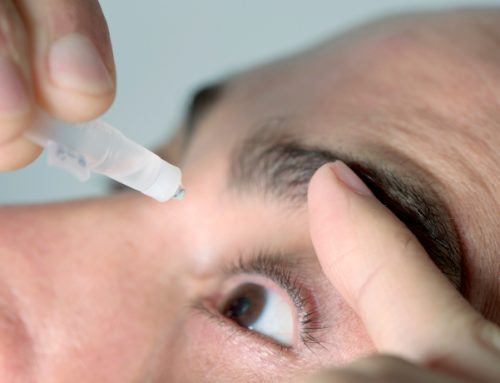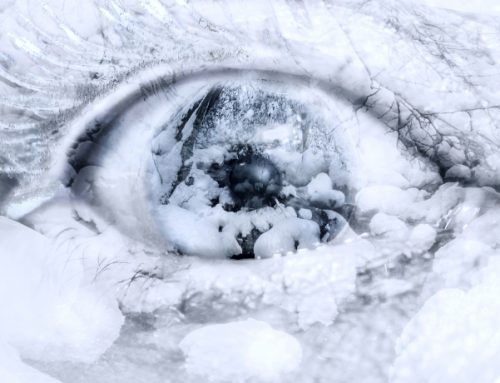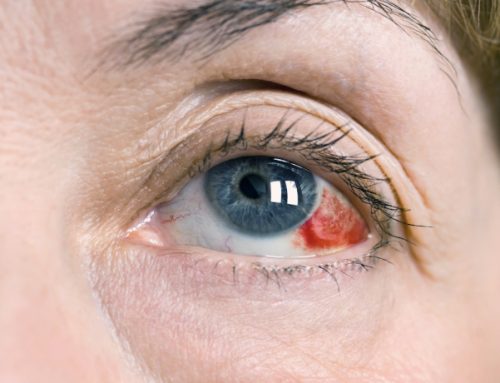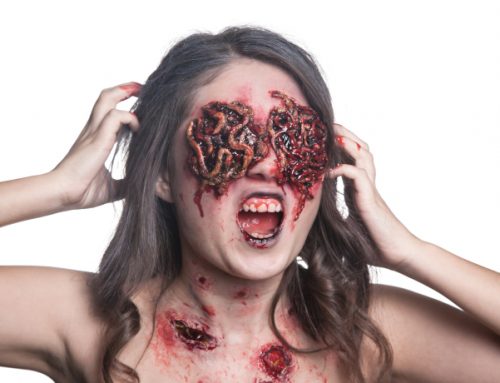 Know Your Eyes
Know Your Eyes
Do you think you have allergies and are they making your eyes red and puffy? Millions of Americans suffer with the condition, also called allergic conjunctivitis. If you need immediate relief, a cold compress can give you a quick fix. But for long-term relief, you need to know what triggers your symptoms and how to treat them.
What Are the Symptoms
Most people have redness in the white of the eye or inner eyelid. Other warning signs: itching, tearing, blurred vision, a burning sensation, swollen eyelids, and sensitivity to light. Eye allergies can happen alone or with nasal allergies and an allergic skin condition called eczema. The only way to know for sure if it’s an allergy is to see your doctor.
Why Are My Eyes Red?
Most likely your eyes are red because they have been exposed to an allergen, like pet dander or pollen. Cells in your eyes called mast cells release histamine and other chemicals that cause inflammation. The result: itching, redness, and watering.
Don’t Touch
When your eyes are itchy, swollen and red it is hard not to touch them. Unfortunately, if you do, it will only make things worse. Rubbing causes mast cells to release more of those itch-causing chemicals. These things can help: If you wear contact lenses, take them out. Skip the eye makeup, and apply cool compresses to your eyes. Wash your hands often.
Concealing and Cover-Up Tips
Try a hypoallergenic concealer to help hide dark circles. Don’t try to cover up with heavy makeup — it’ll only call attention to your red, watery eyes. Instead, emphasize another feature like your lips.
Seasonal Outdoor Triggers
If your eyes start to bother you when you go outside during spring or summer, you may have seasonal allergic conjunctivitis. Grass, tree, and weed pollens are the worst. When pollen counts are high, stay indoors, keep your windows closed, and run the air conditioner. Wear sunglasses to keep pollen out of your eyes.
Indoor Triggers
Pet dander, dust mites, and molds top the list. They can cause symptoms all year long. If you have a pet, keep him out of your bedroom. Can’t resist playing with Fluffy or Fido at a friend’s house? Wash your hands ASAP when you’re done. Change clothes as soon as you go home.
Clean Up
If dust mites trigger your symptoms, try new bedding and pillowcases that keep them out. Wash sheets in hot water, and try to keep the humidity levels in your home between 30% and 50%. This is harder in Louisiana. Clean floors with a damp mop. No Sweeping, it just moves the particles all over and into the air to settle again.
- Go on Mold Patrol
Clean bathrooms, kitchens, and basements where mold lurks. Get a dehumidifier to help remove moisture from the air. Change the water often. Get a HEPA filter for your air conditioner, too. It can trap mold spores before they attack your eyes.
Eye Drops May Work
Most over-the-counter drops for eye allergies have the same medications used to treat nasal allergies:
- Antihistamines
- Decongestant drops
- Tear substitutes
There are a lot of options, but check with your Eye Doctor to make sure you are treating the right symptoms.
Oral Medicines Can Help, Too
Antihistamines and decongestants can really help. But they can dry out your eyes and might make you sleepy. Some OTC decongestants make you dizzy or wired. If you have high blood pressure, ask your doctor what to take.
Allergy Shots Are An Option
Ask your doctor if they’ll work for you.
The content on this blog is not intended to be a substitute for professional medical advice, diagnosis, or treatment. Always seek the advice of qualified health providers with questions you may have regarding medical conditions.





